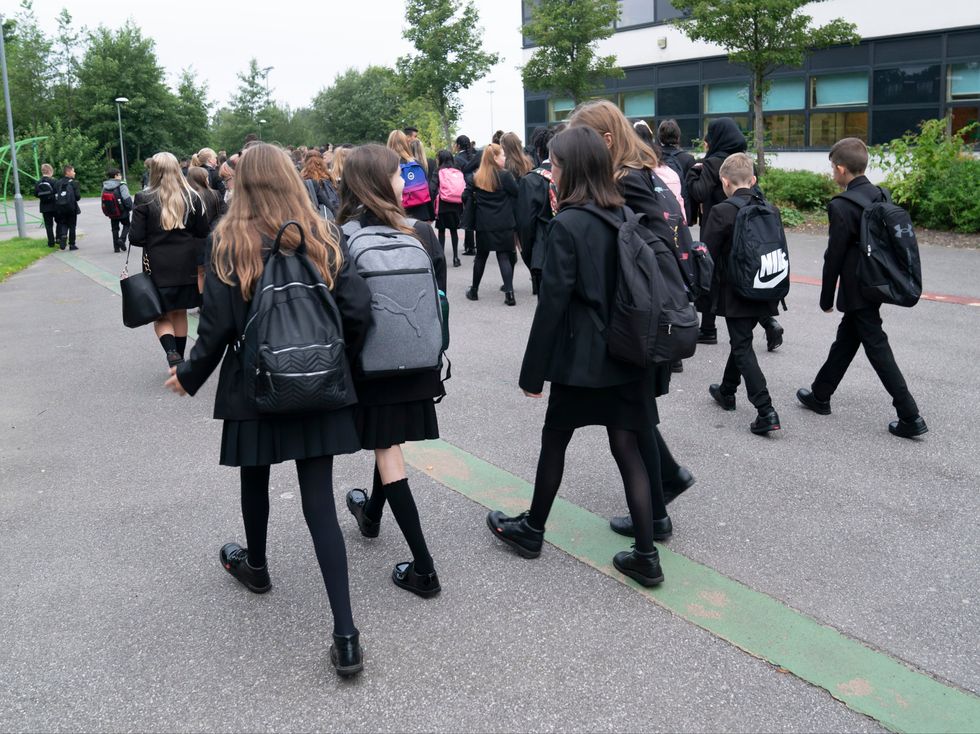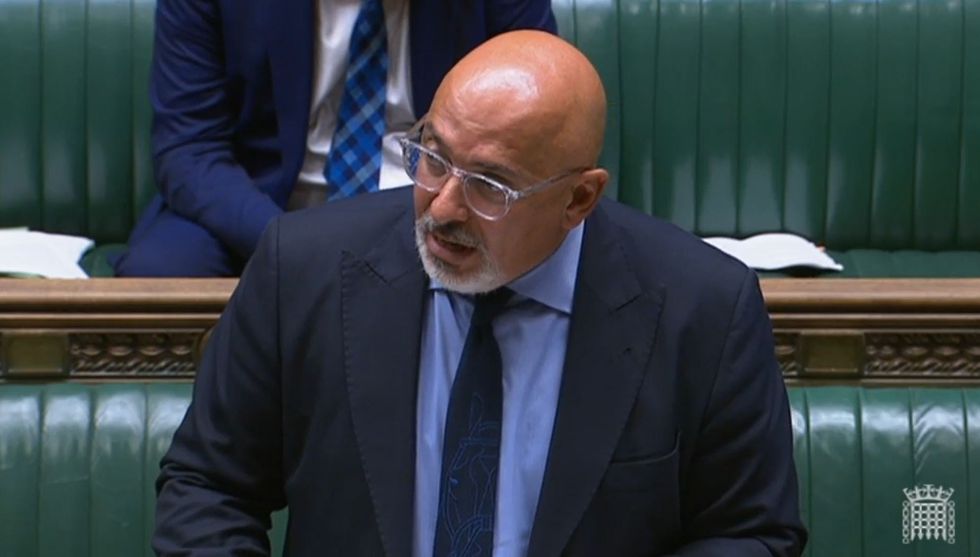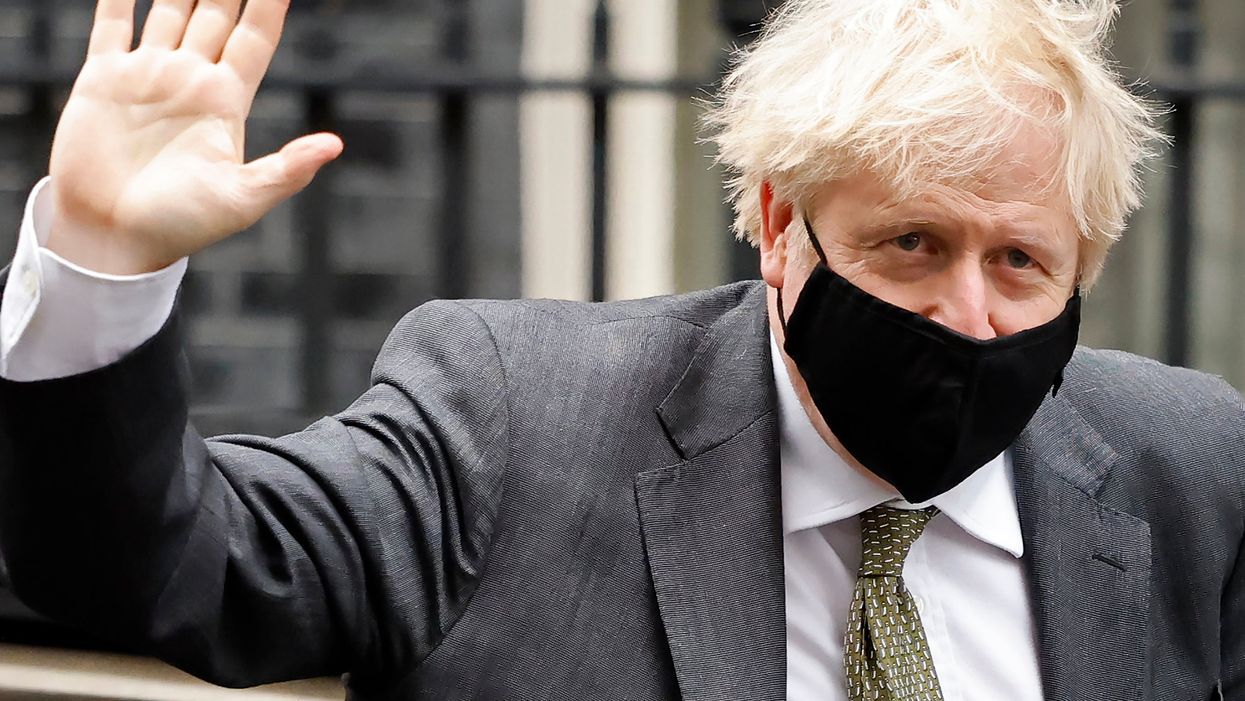News published yesterday said that there could be a potential lockdown in the UK in October to deal with a potential rise in cases of coronavirus.
The report, which referenced a so-called firebreak lockdown, has caused speculation and confusion in the press and on social media, with one minister saying he had not seen any plans for such a move.
So, with contradicting reports emerging, what is the government actually planning?
This is everything we know:
What claims have been reported?

Yesterday, the i newspaper claimed that a member of the government’s Scientific Advisory Group for Emergencies (Sage) had revealed that the government has drawn up plans for an October “firebreak” Covid lockdown if increased hospitalisations continue to put pressure on the NHS.
The paper alleged that the source said restrictions could be reintroduced during school half-term at the end of next month and, while a full lockdown would be unlikely and a last resort, the school holiday could be extended to two weeks because the school summer holidays is believed to have helped curb a major rise in cases.
“This is essentially the precautionary break that Sage suggested last year,” the Sage source told the paper. “It would be sensible to have contingency plans, and if a lockdown is required, to time it so that it has minimal economic and societal impact.”
Boris Johnson is also said to be ready to re-introduce mask wearing and social distancing curbs in public spaces and on transport, they claimed. There is also a possibility that travel restrictions could return.
The publication added that the sources they spoke to in developing the story said that vaccines are working and that while there are increasing cases it is unlikely this will result in the same death rates as last year.
A second government source told the paper: “If you look at the current trends, hospitalisations are on a path to match the levels seen at the end of October last year.
“While deaths are high compared to last year and are unlikely to hit the levels as seen last autumn because the vaccines are doing their job, it is the admissions that will push the NHS to the brink of collapse if they do not fall soon.
“On top of that we have an expected resurgence in hospitalisations for other respiratory illnesses like flu. If the current high levels of admissions for Covid continue the NHS will not be able to cope, so a firebreak lockdown is by no means out of the question.”
How many cases of coronavirus are there in the UK and how many people have been vaccinated?

Latest available government data shows 41,192 people tested positive for coronavirus yesterday (6 September) and 45 people died. There were 988 hospital admissions on 31 August.
On 31 October last year, when England went into its second national lockdown and prior to the vaccine rollout there were 16,479 Covid infections and 1,461 hospitalisations.
88.8 per cent of people aged 16 and over in the UK have received one dose of a coronavirus vaccine and 79.9 per cent have received two doses.
Latest data from Public Health England shows that vaccines have saved some 100,000 lives in England.
How has the government responded to the claims?

A government spokesperson dismissed the notion that there would be an October lockdown but noted restrictive measures could be reintroduced at some point “as a last resort”.
They said: “It is not true that the Government is planning a lockdown or firebreak around the October half term. As set out in July, the Government retains contingency plans as part of responsible planning for a range of scenarios, but such measures would only be re-introduced as a last resort to prevent unsustainable pressure on the NHS.”
Meanwhile, vaccines minister Nadhim Zahawi said he has seen no plans for an October “firebreak” lockdown if cases rise this autumn, in an interview with BBC Breakfast today.
He said: “No, I haven’t seen any … I know where this question comes from.
“The i newspaper was reporting that they think there could be a possible lockdown.
“Look, vaccines have given us the ability to reduce infections, to save 100,000 lives.
“It is through the booster programme that I hope … we can transition the virus from pandemic to endemic status and deal with it year in, year out – it is going to be with us for many years – but not have to close down our economy or take the severe measures we had to sadly take in December of last year.”
Sajid Javid said he has not thought about a so-called firebreak in October. He told Sky News: “I don’t think that’s something we need to consider.
“I haven’t even thought about that as an option at this point.
“I think the decisions that we’ve made in the last few weeks and certainly in the time I’ve been Heath Secretary, I think they’ve turned out to be the right decisions.”
He said no decisions are “risk-free” but insisted the “best defence” against another wave of the virus is the vaccine programme.
He added: “Vaccines are working. Yes, there are still infections, of course there still are. That’s true around the world. But the number of people going into hospital, and certainly those dying, is mercifully low, and that’s because of the vaccines.”
What contingency plans does the government retain to deal with Covid?

That the government has contingency plans to deal with potential is not new news. On 5 July, the government published a document setting out its plan to deal with the virus throughout the summer as lockdown was lifted and all measures came to an end on 19 July.
The document did not rule out the potential of future lockdowns.
It said: “Even after the end of the roadmap, significant risks will remain, particularly from Variants of Concern which could escape vaccines. The virus will still continue to circulate at home and abroad, and this winter COVID-19, combined with a resurgence of influenza and other respiratory diseases, may cause additional strain on top of normal winter pressures on the NHS.
“The Government may need to take measures to help manage the virus during periods of higher risk, such as winter, but will as far as possible prioritise strengthened guidance and seek to avoid imposing restrictions that have significant economic, social and health costs.
“The Government will maintain contingency plans for reimposing economic and social restrictions at a local, regional or national level if evidence suggests they are necessary to suppress or manage a dangerous variant. Such measures would only be re-introduced as a last resort to prevent unsustainable pressure on the NHS.”
The government has also confirmed plans to renew some temporary powers under the 2020 Coronavirus Act.
But the plans will be opposed by Tory anti-lockdown MPs, 35 of whom rebelled last time the Act was extended.














